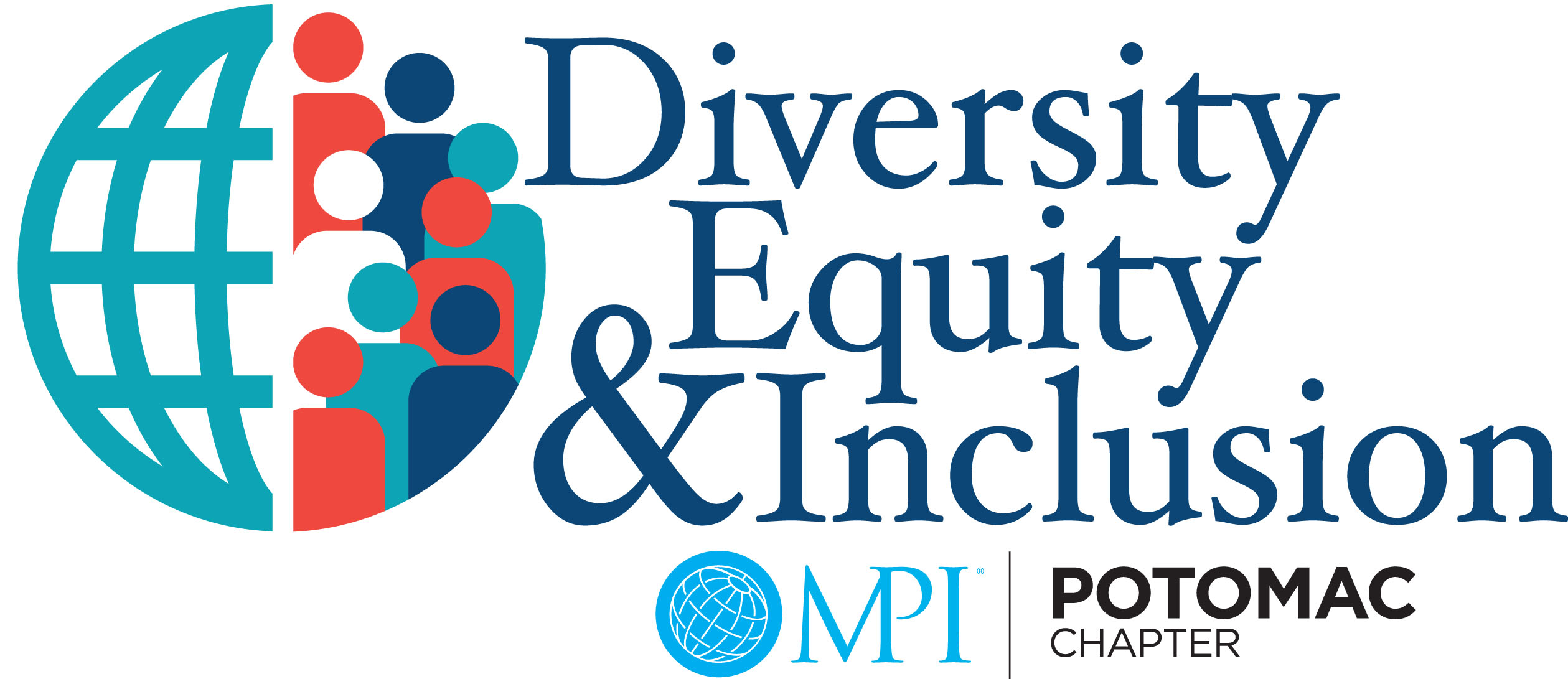Reflections on Asian American and Pacific Islander Heritage Month
Print this Article | Send to Colleague

Reflections on Asian American and Pacific Islander Heritage Month
By Yoko Huekels
May is designated as Asian American and Pacific Islander Heritage Month (AAPIHM). The term Asian American is broad, and according to the U.S. Census, it includes people of Chinese, Japanese, Korean, native Hawai’ian and 16 other ethnicities. Heritage of such varied cultures and histories can hardly fit into a uniform definition, and I’ve come to realize the irony and the stark contrast between my own idea of being an Asian American versus what being Asian American meant to others who came before me.
Born and raised in Japan, my teenage curiosity of a possible life outside of my country led me to a boarding school in Massachusetts back in the 1980s. My aspiration was to be fluent in English and master life in the country that I perceived as “the land of opportunity.” I had the choice of establishing my life here with the full support of my family and the friends I made along the way. While the last 30 years in this country has not always been easy, the difficulties I faced were things I could mostly overcome with hard work and determination. Looking back in American history, I now realize that for others who came before me, that was hardly the case.
Asians have contributed to the growth of the U.S. economy since the mid-1800s. Starting with the Chinese laborers who built the Transcontinental Railroad, a long list of historical contributions of the Asian American is well-documented here. Despite its contributions, the Asian American community has been marginalized since the 1880s. By the mid-1930s, all Asian immigrants were fully excluded by law, denied citizenship and naturalization and prevented from marrying Caucasians or owning land. The immigration laws remained discriminatory until the mid-1960s when nonrestrictive annual quotas of 20,000 immigrants per country were established in response to the civil rights movement.
In recognition of Asian American achievements and contributions, President Carter initially signed into law Asian Pacific Heritage Week during the month of May. Later, President George H.W. Bush signed a bill to extend Asian-American Heritage Week to the entire month of May.
As we celebrate AAPIHM this year, it’s troubling to see hate crime against Asian Americans has increased 149% between 2019 and 2020, even though hate crimes overall declined. This data points to negative stereotyping of Asians during the initial growth of COVID-19 cases last spring. Google searches also found spikes for racist terms such as “China virus” and “Kung Flu” throughout 2020. While I have not personally experienced this, I am horrified that several of my Asian American friends have recently been verbally assaulted and spat on by complete strangers in the metro DC area.
The very idea of the American Dream, that everyone is given the freedom and ability to create and attain their own version of success, is what drew me to this country. If I can give advice to my younger self, I would still encourage her to pursue the dream of making a life here because I truly believe this is still the land of opportunity, progression and innovation. That said, this country is not without struggles and challenges because of its diverse makeup.
This month we celebrate diversity, and I hope we can restore some sense of security and comfort in our own community.
The MPI Potomac Chapter Diversity, Equity and Inclusion (DE&I) Committee is committed to bringing you relevant topics, our podcast series and our DE&I System and Roadmap. To learn more about our DEI Initiative, please visit us at www.mpi.org/chapters/potomac/media-resources/diversity-inclusion or contact our co-chairs: Anjali Sanghvi, anjalisanghvi@gmail.com, or Joan Aiken, jmaiken22@msn.com.
